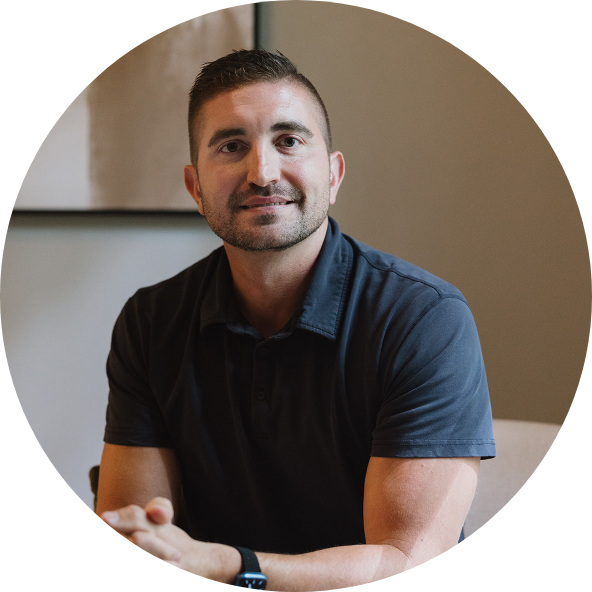Understanding and Overcoming Social Anxiety
In a world that thrives on connections, social anxiety affects millions who grapple with the fear of judgment and scrutiny. Social anxiety isn\’t merely shyness; it\’s a complex psychological challenge that permeates various aspects of life. Imagine the unease of walking into a crowded room, the fear of being scrutinized, the worry of saying the wrong thing — this is the landscape of social anxiety.
The Roots of Social Anxiety: At its core, social anxiety is deeply rooted in the fear of negative evaluation. This fear can be paralyzing, limiting one\’s ability to engage in social situations, whether at school, work, or social gatherings. It\’s important to recognize that social anxiety exists on a spectrum, and its impact can vary from mild discomfort to severe impairment.
Identifying Social Anxiety: Understanding the signs of social anxiety is crucial for offering support and seeking help. Common manifestations include avoiding social situations, intense self-consciousness, physical symptoms like sweating or trembling, and a pervasive fear of judgment. Recognizing these signs in oneself or others is the first step toward a path of healing.
Breaking Down Stigmas: Acknowledging social anxiety as a legitimate mental health concern is pivotal. Dispelling stigmas surrounding mental health is essential for fostering a supportive environment. Books have become powerful tools in this quest, providing insights, strategies, and stories that resonate with those experiencing social anxiety.
Recommended Reads:
- The Shyness and Social Anxiety Workbook by Martin M. Antony and Richard P. Swinson: A comprehensive guide offering practical exercises and techniques to overcome social anxiety.
- Dare: The New Way to End Anxiety and Stop Panic Attacks by Barry McDonagh: While not solely focused on social anxiety, this book provides valuable insights into managing anxiety in various situations.
- Quiet: The Power of Introverts in a World That Can\’t Stop Talking by Susan Cain: Although not exclusively about social anxiety, this book explores introversion and the strengths that come with it, offering comfort to those who feel pressured to conform to extroverted expectations.
- The Anxiety and Phobia Workbook by Edmund J. Bourne: A comprehensive resource addressing various anxiety disorders, including social anxiety, with practical exercises and strategies.
- Overcoming Social Anxiety and Shyness: A Self-Help Guide Using Cognitive Behavioral Techniques by Gillian Butler: This book provides a step-by-step guide using cognitive-behavioral techniques, empowering individuals to challenge and change their anxious thoughts.
Strategies for Overcoming Social Anxiety:
- Mindfulness and Relaxation Techniques: Incorporating mindfulness and relaxation exercises can help manage the physical symptoms of anxiety.
- Gradual Exposure: Gradually exposing oneself to feared social situations in a controlled way can desensitize the fear response.
- Cognitive Behavioral Therapy (CBT): CBT is a proven therapeutic approach for social anxiety, helping individuals identify and challenge negative thought patterns.
- Building Social Skills: Actively working on developing and refining social skills can boost confidence in social situations.
- Seeking Professional Help: Trained therapists can provide tailored strategies and support to navigate the complexities of social anxiety.
Conclusion: Understanding and addressing social anxiety is an ongoing journey. It requires patience, self-compassion, and often, professional guidance. By embracing the wealth of knowledge available in books and adopting effective strategies, individuals can gradually peel back the layers of social anxiety, allowing them to step into the light of healthier, more fulfilling social connections. Remember, you are not alone on this journey, and with the right resources and support, the shadows of social anxiety can be illuminated by the empowering light of self-discovery and growth.











